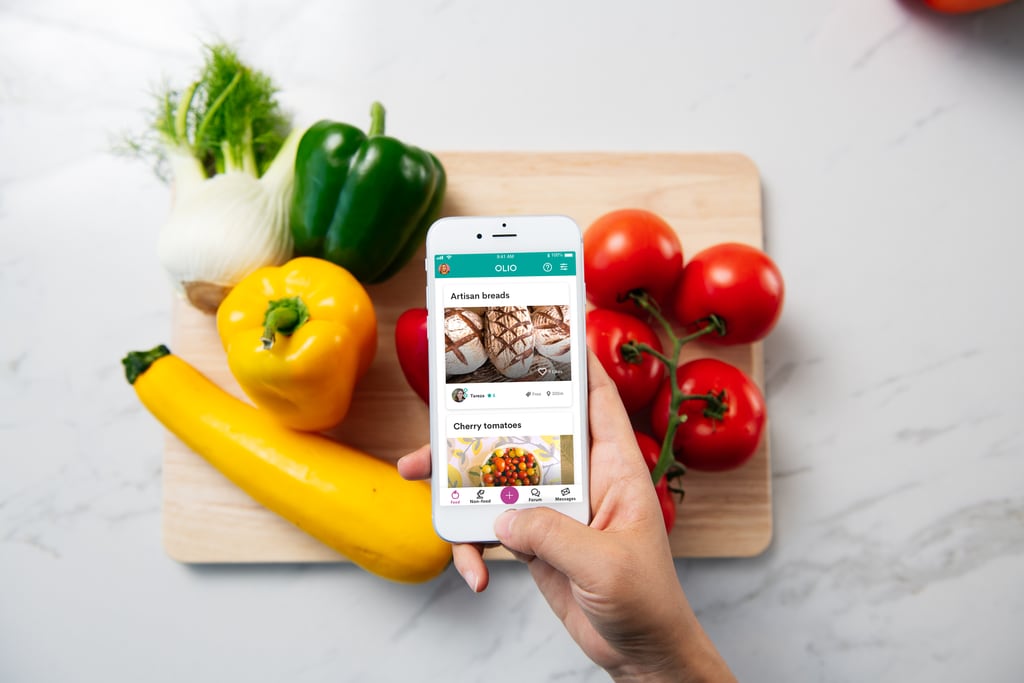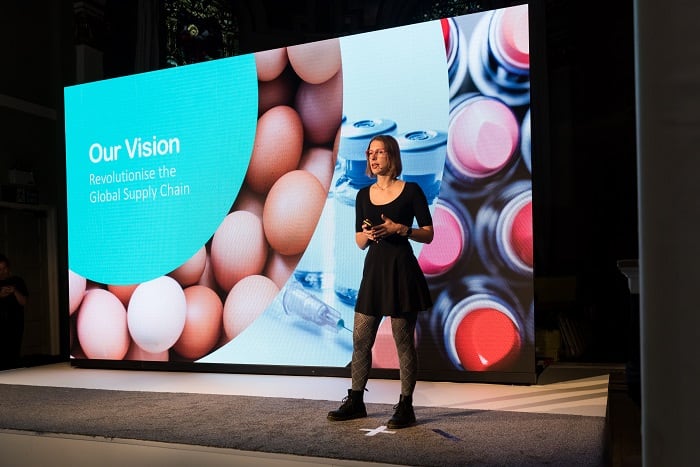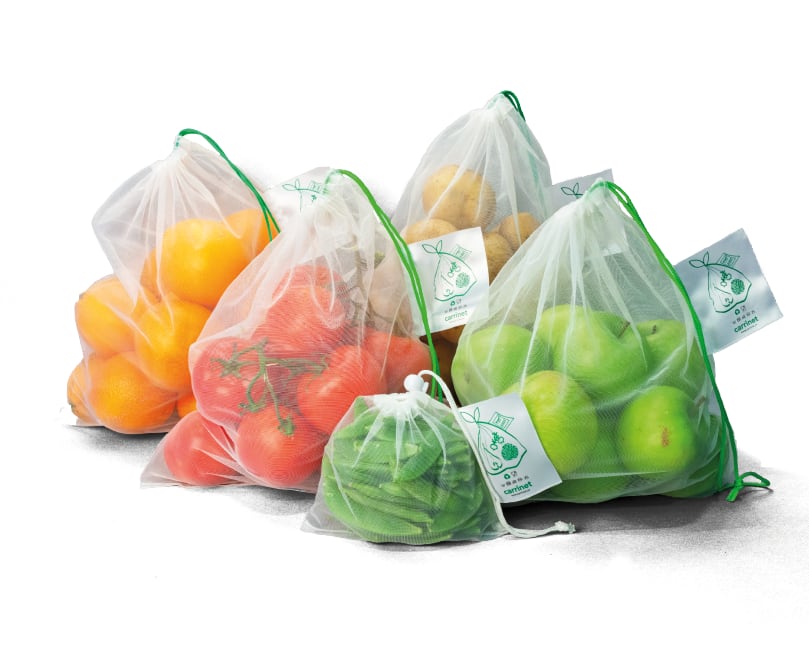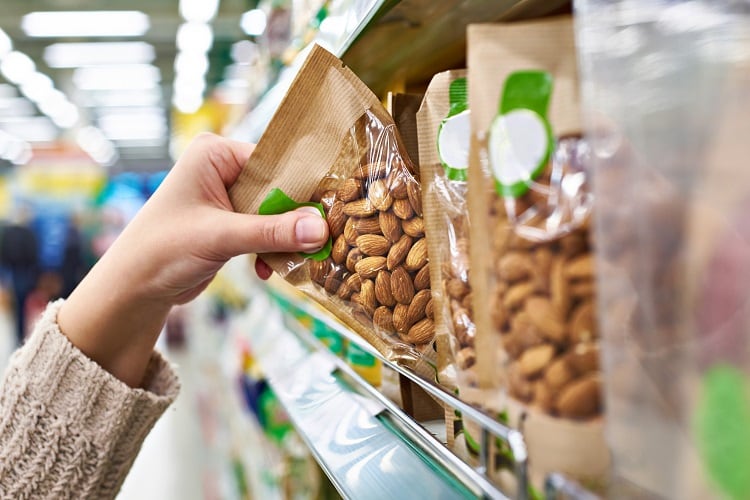“As an organic retailer our customers expect a lot of us,” according to Al Overton, buying director at UK supermarket Planet Organic. Indeed, ever more consumers at present expect businesses to be taking steps to combat the widely publicised problem of food waste.
Last year Planet Organic proudly proclaimed itself the first UK retailer to achieve zero edible food waste. Overton, speaking at the 11th edition of the Sustainable Foods Summit in Amsterdam last month, explained this was not as easy as it sounded, even for a small retailer with eight stores across London.
“If you’re a zero edible waste food store, that means if you brought something edible in to the business you don’t through it away. I’ve been at Planet Organic for 18 years and we’ve tried different ways of doing it such as working with homeless shelters or community groups. But it’s hard and it takes community for it to happen.”
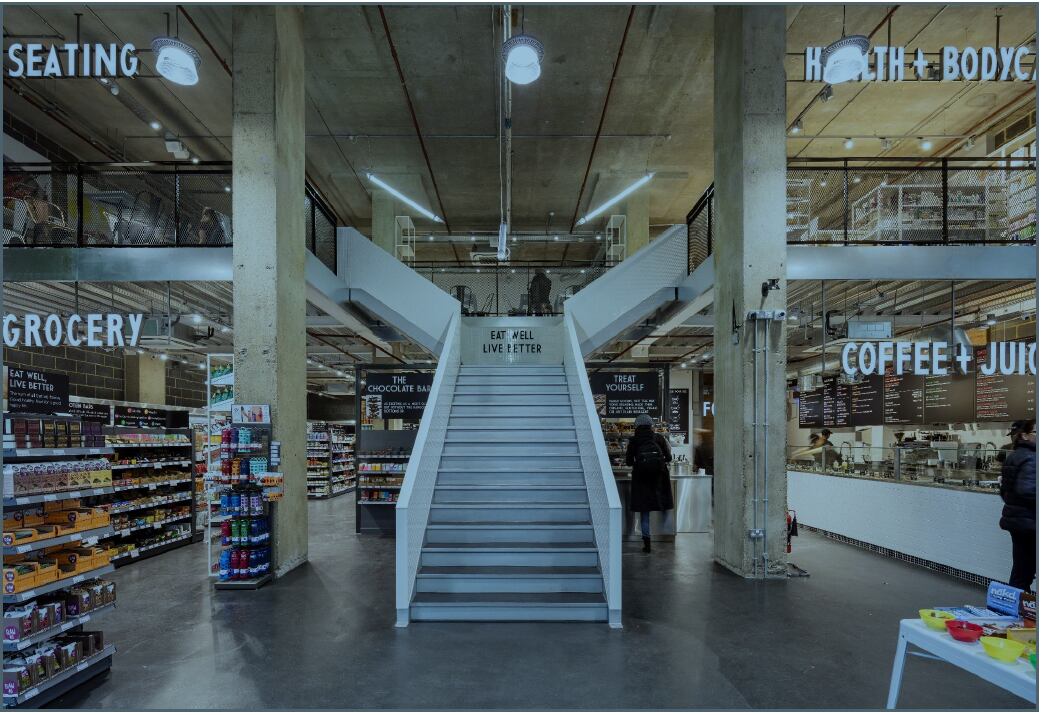
Going zero waste – a retailer’s perspective
The first steps the retailer takes towards cutting is waste is by reducing the level of wastage – again, not as easy as it sounds if you don’t want to risk selling out of items too early in the trading day, or be left with an insurmountable amount a waste.
All non-edible food waste within the stores meanwhile is collected and composted. Eight tonnes of food waste is collected each month from Planet Organic stores, which produces 500kg of compost. The compost, which increases soil fertility and carbon sequestering, is sold to customers or used with the help of food farming expert Indie Ecologyo, on London allotments and by farmers practising conservation agriculture.
Next, fruit and vegetable waste is re-used within the store kitchens. End of day waste is then sold to staff at a discount. If there’s still anything left, Planet Organic will redistribute the waste to the wider community.
Too Good To Go…
Too Good To Go is an app tackling the issue of food waste by connecting restaurants, shops, cafes and event venues that have surplus food to people willing to buy it at a discounted price and prevent it being thrown away. Food businesses can advertise their surplus food on the app. Users make their purchase on the app, then go and collect it from the food business.
It’s a win-win-win solution, according to the Danish start-up. Consumers can enjoy delicious food at reduced prices. Businesses reduce waste and get exposure to new customers. It helps the environment by cutting waste.
The app is available in 12 countries in Europe including the UK, Germany and France, making it the largest business-to-consumer marketplace for surplus food. The app, which was launched in Copenhagen in 2016 has already generated 11.5 million users and around 20,000 business partners. It is also approaching a landmark 15 million meals saved. The app’s users are typically environmentally conscious young professionals between 25-44 keen to reduce waste, help the planet and save cash.
“People don’t have enough value in their food any more,” said Too Good To Go’s business development head, Melvin de Groot, who was speaking at the same conference.
“The food we throw away is worth $1.2 trillion each year. Food waste is a really dumb thing to do. We’re not asking anyone to eat less or eat differently. We’re just asking people to stop throwing away good food.”
Planet Organic mainly uses the app for surplus food at its in store cafes, where it rescues a “modest but significant” 1,200 meals a month.
Introducing Olio, the neighbour-to-neighbour food sharing app
“Too Good To Go is great. But for us it’s a passive system in that there is no active distribution of the food or active attempt to get the food to people,” explained Overton.
So Planet Organic also works with Olio, another app attempting to end food waste. Olio is a food sharing platform where people upload details of the food they would otherwise throw away, so that people living nearby can take it off their hands. Maybe a person is going on holiday and doesn’t want the food in their fridge going to waste, for example.
Since launching in 2016 the app has developed to offer solutions for businesses wanting to cut waste. It works as a food redistribution charity where volunteers come and collect the end of life food from businesses, then redistribute to their local network to the people who might need it.
Via this route, Planet Organic redistributed 11 tonnes of food items, equating to 26,000 meals in 2018. At present it saves around 2,200 meals a month with Olio. “The numbers are modest,” said Overton. But he noted: “Imagine 200 stores in London using the platform. Imagine every convenient store London using the platform. Imagine what happens to the number of people living in food security in London if every store in London was using this platform to redistribute their food waste. Our job is to test things out and show that it can be possible.”
Building trust in the brand
For a business, there is a modest fee to cover Olio’s operating costs on a per collection model. But it’s a cost that is more than worth it, said Overton. “The potential for what could be done is very significant.”
He quoted an Olio volunteer who had been picking up food from Planet Organic for seven months. Her testimonial read: “Since I started saving food from Planet Organic, I have shared my collections with over 100 people in my local area. Struggling single parents, the elderly, the disabled, the hungry and the vulnerable have all benefited from the surplus food. I believe it’s important to do what we can for others in need, and as a bonus we’re helping the planet too.”
Such statements can surely only help a brand such as Planet Organic build trust with its customer base. According the company, its customers’ priorities are sustainability, health, ethics and community. As these themes grow, for the moment at least, in the consciences of all consumer types, Planet Organic’s case study may offer salutary lessons across the whole food and beverage sector.


